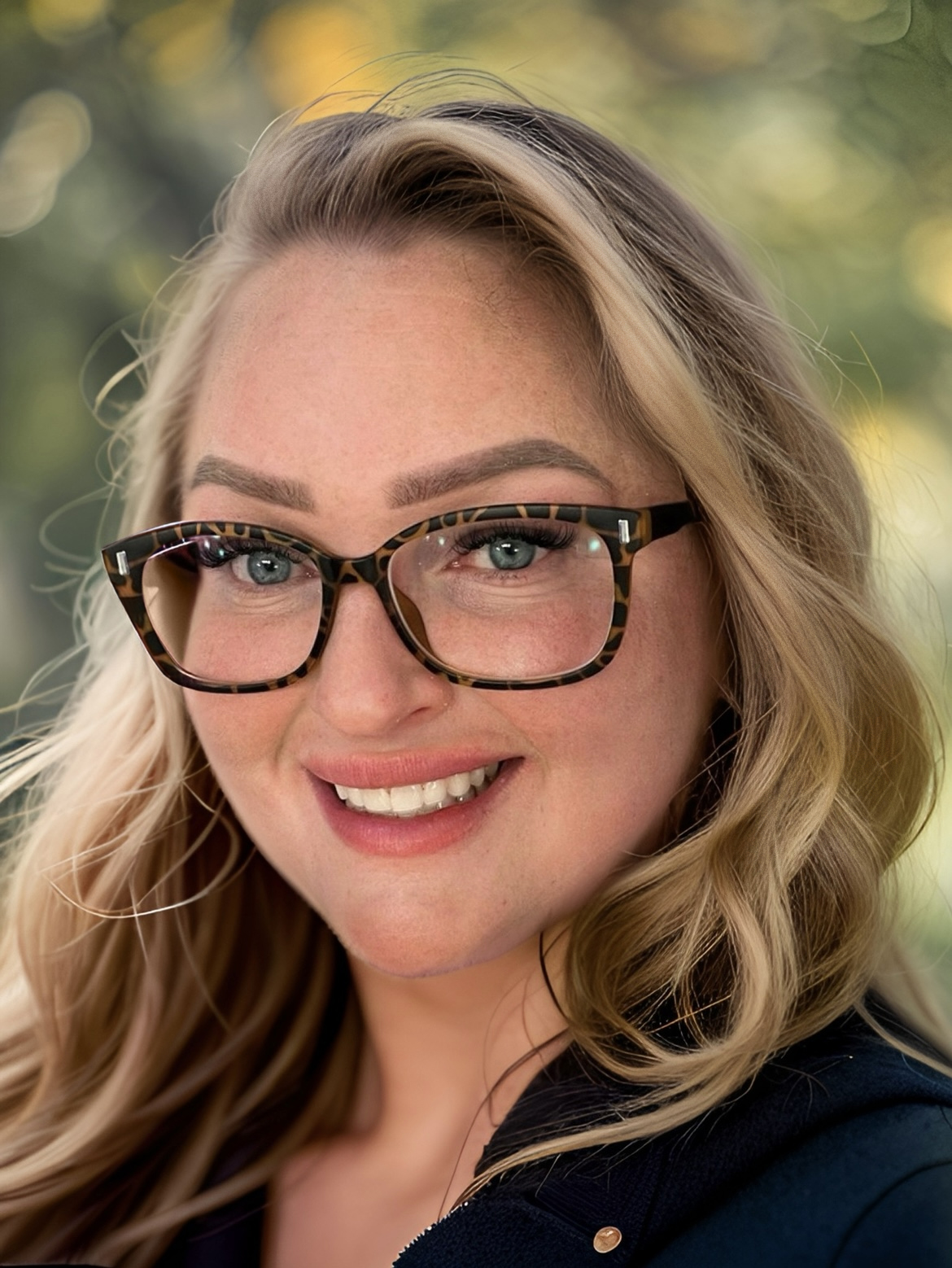
Understanding Adverse Childhood Experiences (ACEs): What They Are and Why They Matter
Adverse Childhood Experiences (ACEs) are potentially traumatic events that happen before the age of 18 and can have long-lasting effects on a person’s health, relationships, and future opportunities. These experiences can include:
- Abuse or neglect (physical, emotional, or sexual)
- Witnessing violence at home or in the community
- Growing up in a household with substance use, mental illness, incarceration, or instability due to divorce or separation
Even seemingly indirect experiences—like persistent emotional neglect or systemic discrimination—can contribute to ACEs and their long-term impact.
How Common Are ACEs?
ACEs are more widespread than many realize:
- About 64% of U.S. adults report experiencing at least one ACE.
- Nearly 1 in 6 adults report four or more.
- Among high schoolers, 3 in 4 report experiencing at least one ACE, with emotional abuse and family mental health issues being most common.
The Lasting Effects
The effects of ACEs go far beyond childhood. They are linked to:
- Chronic diseases like heart disease, cancer, and diabetes
- Mental health issues including depression, anxiety, and suicide risk
- Behavioral challenges, such as substance abuse or difficulties in school and work
- Relationship instability, financial hardship, and challenges in parenting
These impacts are often compounded by factors like poverty, systemic racism, and lack of community resources.
The Science of Toxic Stress
Prolonged exposure to stress during development can disrupt how a child’s brain and body function, leading to what scientists call toxic stress. This can impair learning, emotional regulation, and physical health, with effects sometimes passed down to future generations.
Can ACEs Be Prevented?
Yes. ACEs are preventable—and the solution lies in creating safe, stable, and nurturing environments for children. Preventive strategies include:
- Strengthening economic supports for families
- Promoting positive parenting practices
- Supporting early childhood education and mental health services
- Building community programs that promote connection, equity, and well-being
What Can We Do?
We all play a role—parents, educators, healthcare providers, employers, and policymakers. When we support families and invest in healthy child development, we help prevent ACEs and build a healthier society for everyone.
Learn More
This summary is based on guidance from the Centers for Disease Control and Prevention (CDC). For more detailed information, visit:
🔗 CDC - Adverse Childhood Experiences



